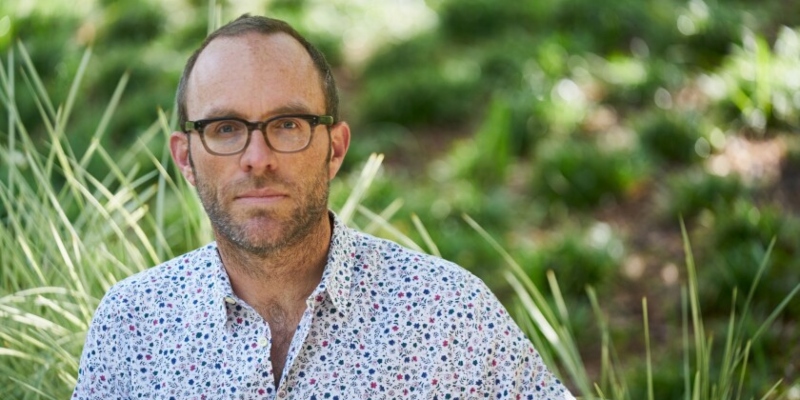
Antoine Wilson on the Humble Art of Writing
In Conversation with Mitzi Rapkin on the First Draft Podcast
First Draft: A Dialogue of Writing is a weekly show featuring in-depth interviews with fiction, nonfiction, essay writers, and poets, highlighting the voices of writers as they discuss their work, their craft, and the literary arts. Hosted by Mitzi Rapkin, First Draft celebrates creative writing and the individuals who are dedicated to bringing their carefully chosen words to print as well as the impact writers have on the world we live in.
In this episode, Mitzi talks to Antoine Wilson about his novel, Mouth to Mouth.
Subscribe and download the episode, wherever you get your podcasts!
From the episode:
Mitzi Rapkin: Do you want your writing to have an impact? And what does that mean?
Antoine Wilson: I tend to try to write for a reader who is me, you know, some version of myself. I try to write books that I would like to read. In fact, the first novel that I wrote after graduate school took me about three years to write. And at the end, after I had deployed everything I’d learned, basically, and, you know, there’s some nice things about it, but I’d written a book I didn’t want to read, which was really a strange experience. And so, impact-wise, I don’t know if I think about impact as much as wanting to enchant. I think wanting to enchant the reader and get them into the fictional world, and hopefully, you know, every subsequent page is more interesting than the previous one. You know, I do think about the reader, but I guess it’s kind of vague.
Mitzi Rapkin: Tell me about your experience of writing. I mean, there’s your logical mind when you’re writing and then there’s some creative element that for some people, they say it feels channeled. I’m curious about your experience, and if you feel enchantment when you’re creating.
Antoine Wilson: I wish I felt it more. I think it’s a Virginia Woolf anecdote, you know, where she says she spent all day getting people from the dining room into the living room. It’s interesting because it is such a humble craft. Something I like to do sometimes when I feel like all these other work on my bookshelves, all these other people’s books are these great castles in the sky, and I’ll pick one up off the bookshelf, and just open it to the middle. And it’s made of sentences. Unless it’s like, you know, Thomas Pynchon or Nabokov or something, it’s mainly made of sentences that I could have written, you know, and it’s a humble art. And so, there’s that aspect of it. And then there’s yeah, the enchantment. It’s so fun to make discoveries, and to uncover something as it happens, and to surprise yourself. That may be alongside sort of, you know, wanting to offload all this accumulated subjectivity going on in my head, those little discoveries are this sort of the built in reward in one side, and then on that sort of craftier, more Apollonian less Dionysian side is revision. I love when I’m three quarters of the way through the process of writing a book because I finally understand the book. I spent a lot of time in this deep, contingent uncertainty place that’s not comfortable. But whatever, that’s what you have to do, I think. And so, when I get to the point where I feel like I know the book, and I know what needs to happen, and I know I have some sort of sense of mastery over what I’m trying to do that’s really fun. And I love revision. I love trying to make everything as neat and clean and tight and doing what I wanted to do as much as I can. And then afterward, it’s like painting a floor. You got to paint the floor so that when you do the last strokes, you go right out the door, not in the corner of the room, and I like to like leave no prints behind. So, my books tend to be a lot tighter and neater then. You wouldn’t imagine that the process was as chaotic as it is. I’ll put it that way.
***
Antoine Wilson is the author of the novel Mouth to Mouth, which was featured on Barack Obama’s 2022 Summer Reading List. His other novels include The Interloper and Panorama City. His writing has appeared in The Paris Review, Quarterly West, and Best New American Voices, among other publications. He is a contributing editor at A Public Space.
First Draft: A Dialogue on Writing
First Draft: A Dialogue on Writing is a literary podcast produced and hosted by Mitzi Rapkin. Each episode features an in-depth interview with a fiction, non-fiction, essay, or poetry writer. The show is equal parts investigation into the craft of writing and conversation about the topics of an author’s work.



















